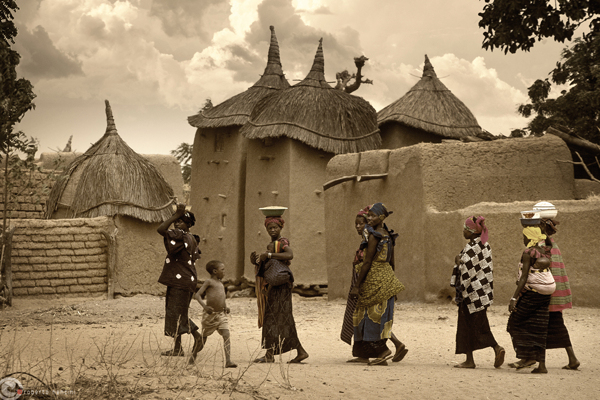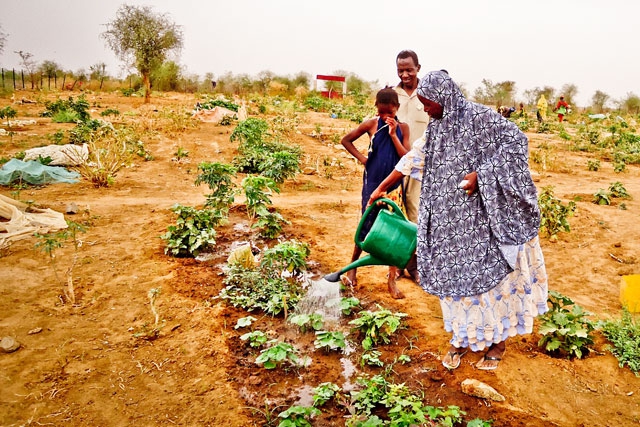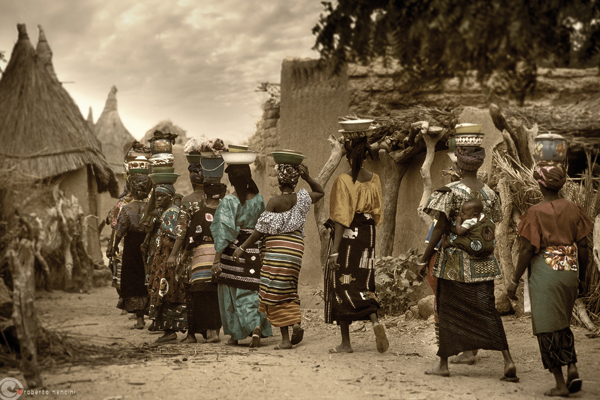Human Rights
Women Issues
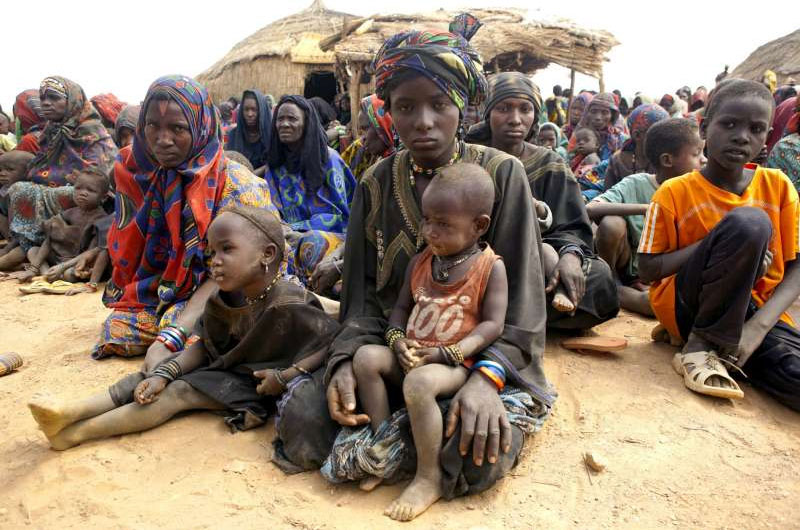
Even though the constitution of Mali prohibits discrimination, the laws are not well enforced.Women in Mali are married at a young age with 22% being married by age 15 and 93% married before the age of 22.Young girls are sometimes pressured by their families.There are still problems with violence against women is a manifesto of relations between women and men. According to women's lower status in the family, work, community and society and it is exacerbated by social pressures. This consists of acts at hurting the victim and included,but are not limited, to pushing, grabbing, twisting the arm, pulling the hair,slapping,kicking,biting or hitting with the first or and object. Even though rape is against law, husbands are permitted to rape their wives.Most women do not report rape because they are afraid. In addition, most wives cannot afford to support themselves if their husbands are in jail. Domestic violence is an accepted part of Mali daily life in Mali. The Mali government does not offer any services to women victims of Domestic Violence. “The non-application of the law (violence against women) is a serious form of violence in that it motivates rapists.Harmful traditions like female genital mutilation and levirat, when a window is required to marry her deceased husbands brother, are also acts of violence”. But I believe that the government should help them because it both benefits the government and women. But there is a program called C.A.R.E..C.A.R.E is a program that was developed back in.
Civil liberties
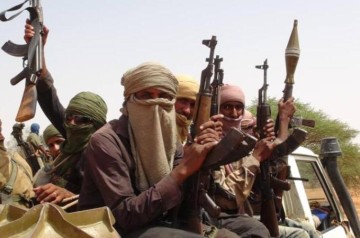
On January 17, 2012, an ethnic Tuareg separatist group launched a rebellion in the north. Government forces fared poorly against the rebels, and on March 22, less than a month before scheduled elections, an army captain led a coup that ousted President Amadou Toumani Touré, suspended the constitution, and created a junta to rule the country. Under international pressure, the junta handed nominal power to interim president Dioncounda Traoré, but maintained a supervisory role. Meanwhile, Islamist militants sidelined the Tuareg rebels in the north, consolidated control over major towns, and committed serious human rights violations. As a result of the fighting and abuses, some 340,000 Malians were either internally displaced or became refugees. The Economic Community of West African States agreed to organize a military intervention in Mali, but it had yet to take action at the end of the year.
